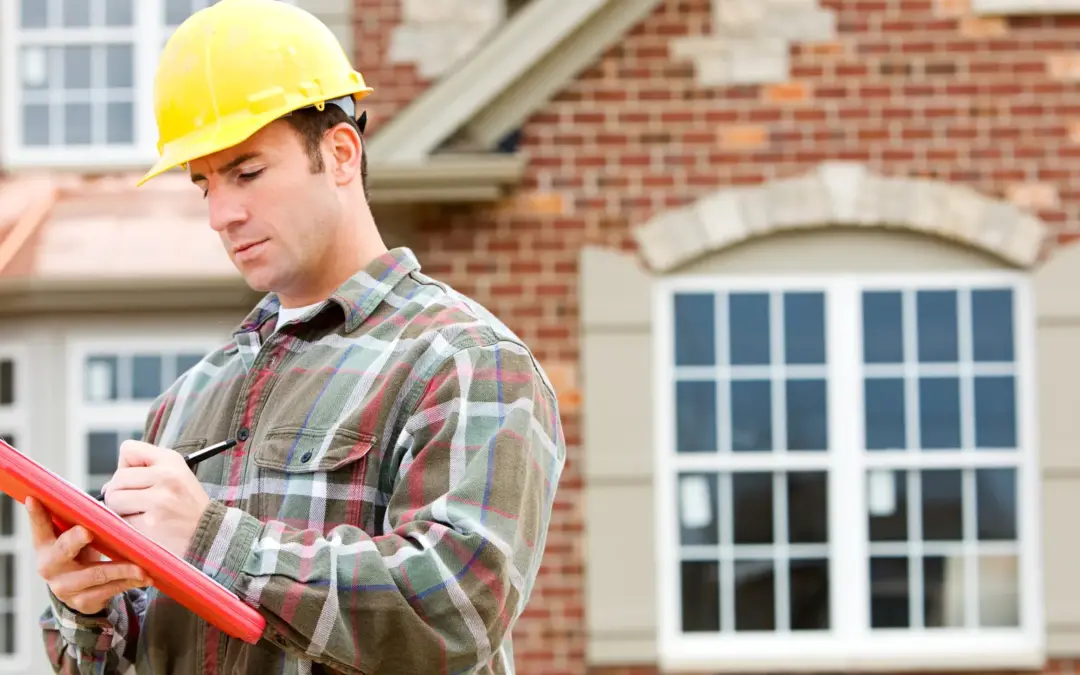Who is a Building Surveyor?
Building Surveyor is a professional who evaluates and reports on the condition of structures. They provide expert advice on construction, maintenance, and legal compliance, ensuring that structures are safe, efficient, and aligned with regulatory standards. Building Surveyors work on various projects, from residential homes to commercial properties, offering essential services that contribute to the longevity and safety of structures.
Key Responsibilities of a Building Surveyor
Inspecting Buildings and Structures
One of the primary responsibilities of a Building Surveyor is to inspect buildings and structures. This involves a thorough examination of the property to identify any defects, potential hazards, or areas that require maintenance. The inspection process is comprehensive, including aspects like structural integrity, roofing, plumbing, electrical systems, and additional areas. By identifying issues early, Building Surveyors help property owners avoid costly repairs and ensure the safety of occupants.
Ensuring Compliance with Building Regulations
Building Surveyors ensure that all constructions comply with building regulations. These regulations are legal requirements set to guarantee the safety, health, and welfare of people in and around buildings. Compliance involves adhering to standards related to structural stability, fire safety, energy efficiency, and accessibility. Building Surveyors guide projects through the regulatory landscape to avoid legal issues and ensure that the construction meets all necessary standards.
Assessing Property Conditions and Advising on Maintenance
Ongoing maintenance is essential for the long-term durability of any structure. Building Surveyors assess property conditions and provide detailed reports on necessary repairs and maintenance. Their assessments cover everything from minor cosmetic repairs to significant structural issues. By advising on maintenance, Building Surveyors help property owners and managers plan and budget for upkeep, ensuring the property remains in optimal condition.
How to Choose the Right Building Surveyor
Choosing the right Building Surveyor is essential for the success of your design. Some essential aspects to consider are:
Qualifications and Experience: – Ensure the surveyor has relevant qualifications and extensive experience in the type of project you are undertaking.
Reputation: – Look for reviews and testimonials from previous clients to gauge the surveyor’s reliability and quality of work.
Specializations: – Some surveyors specialize in specific areas, such as commercial properties, residential homes, or historic buildings. Choose a surveyor with expertise relevant to your needs.
Communication Skills: – A good surveyor should be able to communicate their findings and recommendations clearly and effectively.
Why Hire a Building Surveyor in Dublin?
Dublin, with its blend of historic and modern architecture, presents unique challenges and opportunities for Building Surveyors. Hiring a Building Surveyor Dublin offers several benefits
Local Knowledge: Dublin-based surveyors have in-depth knowledge of local building codes, regulations, and common issues in the area.
Specialized Expertise: The city’s rich architectural heritage requires specialized knowledge to maintain and restore historic structures.
Networking: Local surveyors have established connections with contractors, suppliers, and regulatory bodies, facilitating smoother project execution.
Specialized Services by Building Surveyors in Dublin
Building Surveyors in Dublin offer a range of specialized services tailored to the city’s unique needs:
Historic Building Surveys: – Assessing and advising on the preservation and restoration of historic structures.
Energy Efficiency Audits: – Evaluating buildings for energy efficiency and recommending improvements to reduce energy consumption.
Project Management: – Overseeing construction projects from inception to completion, ensuring they meet all regulatory and quality standards.
Dilapidation Reports: – Providing detailed reports on the condition of a property, particularly for rental agreements and lease terminations.
Building Surveyor Services in Other Counties
Building Surveyor services extend beyond Dublin to other counties such as Kildare, Offaly, Carlow, Kilkenny, and Tipperary. Each locality has its specific characteristics and requirements.
Kildare: Known for its blend of urban and rural properties, surveyors here focus on both residential and agricultural structures.
Offaly: Surveyors often deal with historic and protected structures, ensuring they meet preservation standards.
Carlow: The emphasis is on maintaining the structural integrity of both new and old structures in the county.
Kilkenny: With its medieval architecture, Building Surveyors specialize in the conservation of historic structures.
Tipperary: Surveyors provide services for both residential and commercial properties, focusing on compliance and maintenance.
Conclusion
Building Surveyors are essential for ensuring the safety, compliance, and longevity of structures. Their expertise covers a wide range of services, from inspecting buildings to ensuring regulatory compliance and advising on maintenance. Whether you’re in Dublin or another county, Total Planning and Design Solutions offers a multidisciplinary team of Building Surveyors with over 40 years of combined professional experience, significantly enhancing the value and safety of your property.

